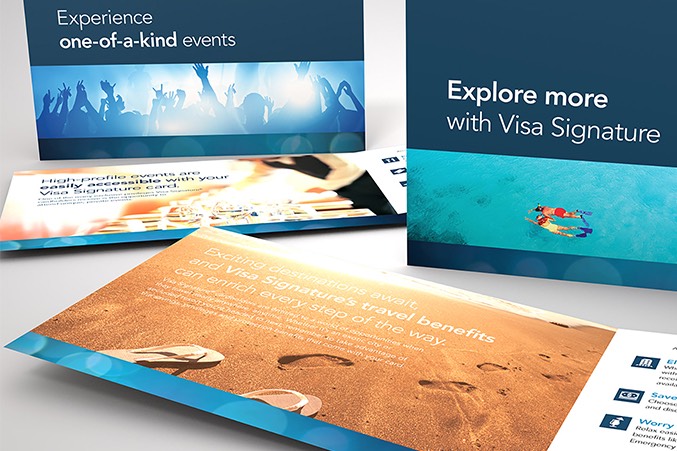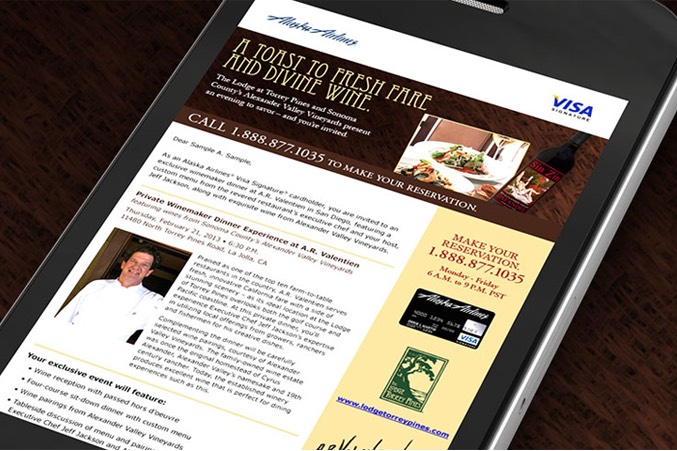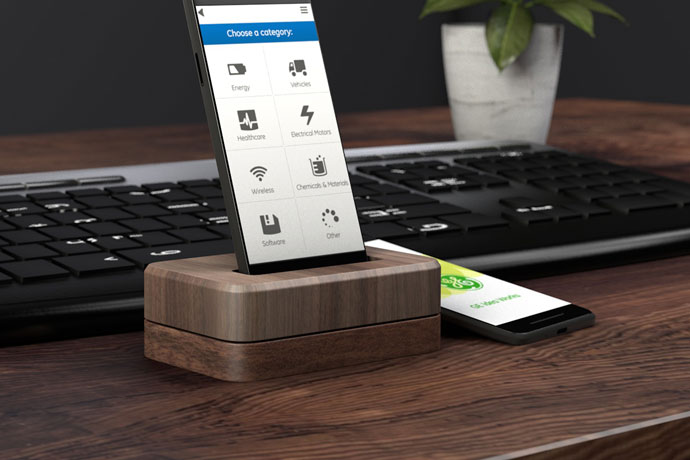Reaching the Unbanked and Underbanked: What Financial Marketers Need to Know
Nearly 25 million U.S. households remain unbanked or underbanked, representing a significant market opportunity for financial institutions willing to address the unique barriers these digitally engaged, financially active consumers face. Success requires more than marketing messaging—it demands transparent products, no-fee accounts, community partnerships, and actionable strategies that rebuild trust with populations disproportionately affected by traditional banking exclusion.











